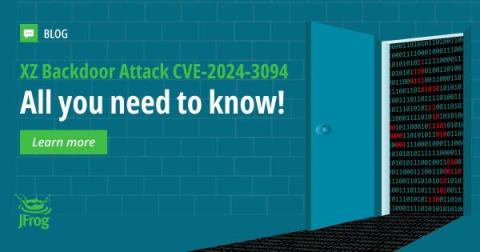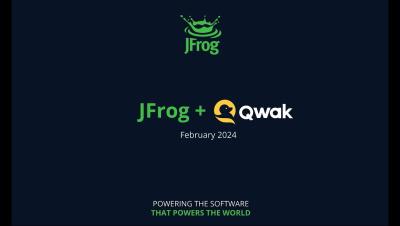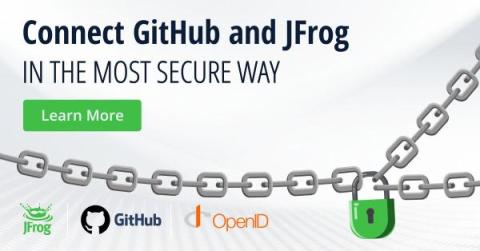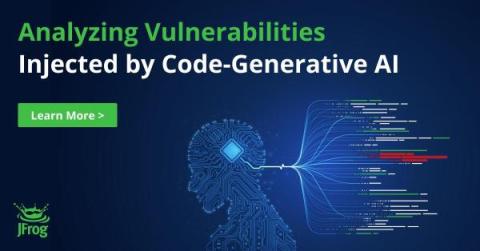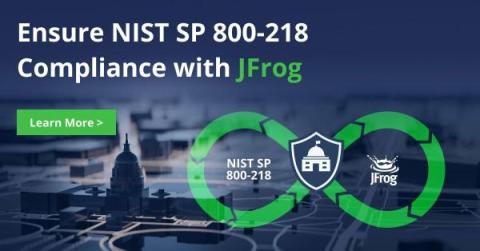CVE-2024-3094 XZ Backdoor: All you need to know
On March 29th, it was reported that malicious code enabling unauthorized remote SSH access has been detected within XZ Utils, a widely used package present in major Linux distributions (The GitHub project originally hosted here is now suspended). Fortunately, the malicious code was discovered quickly by the OSS community and managed to infect only two of the most recent versions of the package, 5.6.0 and 5.6.1, which were released within the past month.


